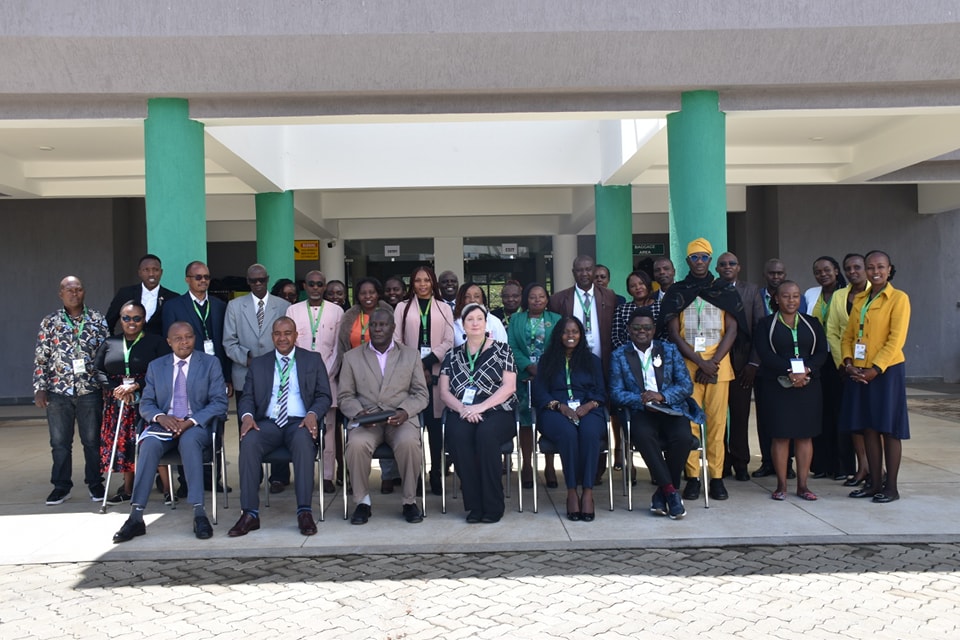

Karatina University successfully hosted a high-level
international conference on artificial intelligence (AI) and sustainable
knowledge systems in Africa.
The conference drew experts from across the globe to discuss
ethical innovation and digital transformation.
Held from April 14 to 16, the International Conference on
Sustainable Knowledge Systems (ICSKS 2025) focused on the theme “Artificial
Intelligence, Libraries, and the Future of Sustainable Knowledge in Africa”.
The event featured over 40 presentations, workshops, and
panels that explored the intersection of AI, education, libraries, data governance,
and indigenous knowledge.
“Our institution is committed to bridging academic
excellence with technological advancement to support Africa’s sustainable
future,” said Professor Franklin Wabwoba, Deputy Vice-Chancellor for Academic,
Research, and Student Affairs.
“We are honoured to
host a dialogue of this magnitude.”
He spoke on behalf of Vice-Chancellor Prof. Linus Gitonga.
The keynote address by Prof. Marlene Holmner of the
University of Pretoria challenged attendees to critically evaluate the ethical
dimensions of AI in Africa.
“AI’s potential is immense, but we must ask—who benefits,
and at what cost?” she said.
“Let us choose to
harness AI in ways that uplift, empower, and protect our communities.”
The conference chair and visiting scholar at Karatina
University Dr. Ayodele John Alonge called on African institutions to go beyond
passive use of AI.
“Africa must not only use AI—we must shape it. We must embed
our stories, our ethics, and our aspirations into every line of code,” he
declared.
Chair of the Kenya Library Association Prof. Peter Gatiti underscored
the evolving role of libraries in the digital era.
“Libraries must evolve into knowledge innovation spaces that
reflect and respond to the needs of the digital citizen. They are not relics of
the past—they are blueprints for the future.”
A major highlight was a youth-centered workshop under the
Knowledge Ambassadors Program, which offered practical demonstrations on
AI-powered learning tools for education and digital content creation.
The session emphasised inclusive, hands-on AI engagement for students.
Other key speakers included Prof. Kellen Kiambati (Karatina
University), Marco van Hout (Digital Society School, Netherlands), Dr. Carolyne
Musembe (Technical University of Kenya), John Mwazemba (Oxford University
Press), Dr. Sola Owolabi (Bells University, Nigeria), Brenda Betty Kiema
(Tangaza University), and Damilare Oyedele (Library Aid Africa).
The conference drew participants from Kenya, Nigeria, Ghana,
South Africa, Uganda, the Netherlands, and the U.S., reflecting a strong
international commitment to harnessing AI for the public good.
The event concluded with the announcement of a working group
to develop a policy guide for ethical and inclusive AI adoption across African
libraries and academic institutions.
“ICSKS 2025 has set a new course,” said co-chair Dr. Everlyn
Anduvare in her closing remarks.
“Let us build on this momentum and ensure Africa leads with
purpose in shaping an inclusive, intelligent future.”
The three-day gathering laid the foundation for new
partnerships, innovations, and a collective African voice in the future of AI.









